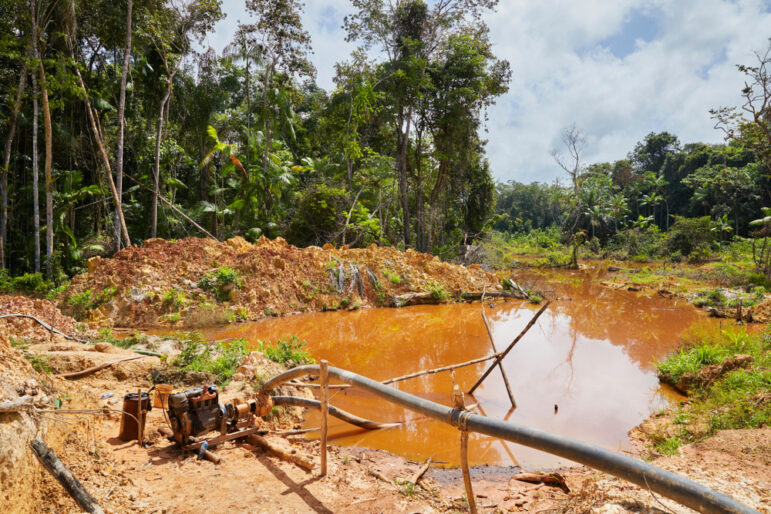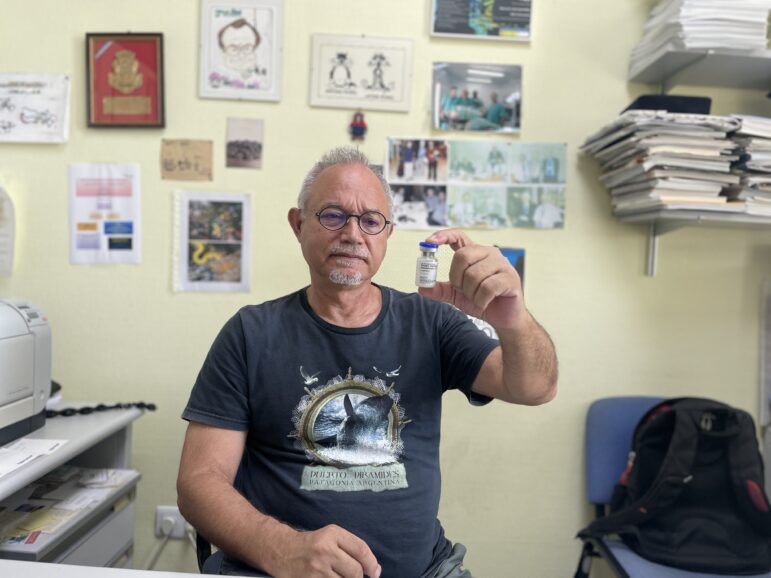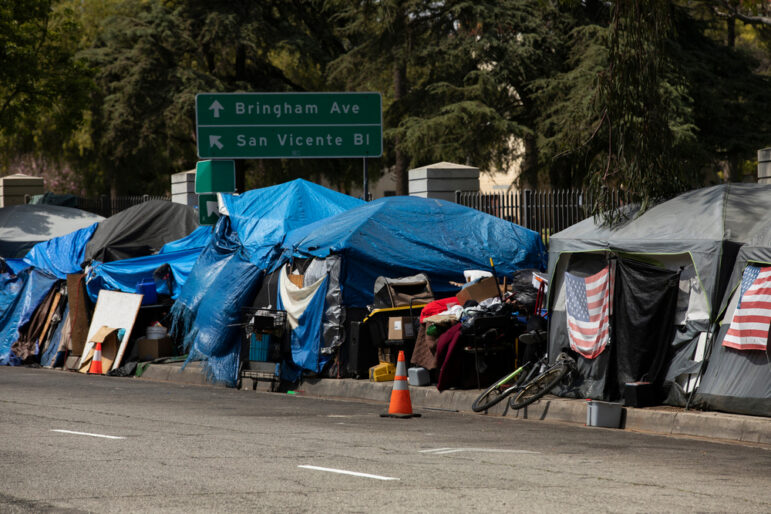
How Publishing Investigations as Books Can Add Depth, Increase Visibility, and Fight Censorship
In this story, several investigative journalists from Mexico speak about the experience of turning their exposés into books.

In this story, several investigative journalists from Mexico speak about the experience of turning their exposés into books.

This Pulitzer Center-supported investigation dug into illegal gold mining in South America, and traced how these illicit products are secretly fed into legitimate supply chains.

Two reporters from The Bureau of Investigative Journalism’s global health team explain how they uncovered the shady world of phony snakebite antivenom.

Two reporters, nominated for the 2025 Goldsmith Prize, spent years investigating legal agreements in California that hide police officers’ past misconduct from the public.

The lack of regulatory oversight of radioactive waste in the oil and gas industry has created an environment ripe for some extraordinary science and environmental journalism.

Covering Trump 2.0 poses stark challenges for news outlets, but many environmental journalists who reported on Trump between 2016 and 2020 can offer perspective.

TBIJ journalists explain how they got around SLAPP suits by having UK Members of Parliament — shielded by legal privilege — read in the House of Commons previously silenced stories.

Homelessness is at a record high, and there are many investigative stories to tell. ProPublica has compiled tips and lessons learned from its sources while pursuing its coverage.

CLIP developed a collaborative database that empowers journalists to access public documents, contracts, and datasets across Latin America.

Files discovered at Syria’s intelligence directorate after the fall of the Assad regime detail an operation to surveil and investigate SIRAJ, a Syrian journalist collective.